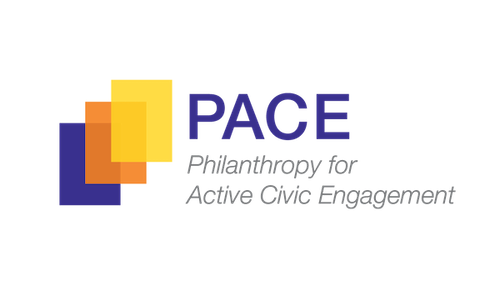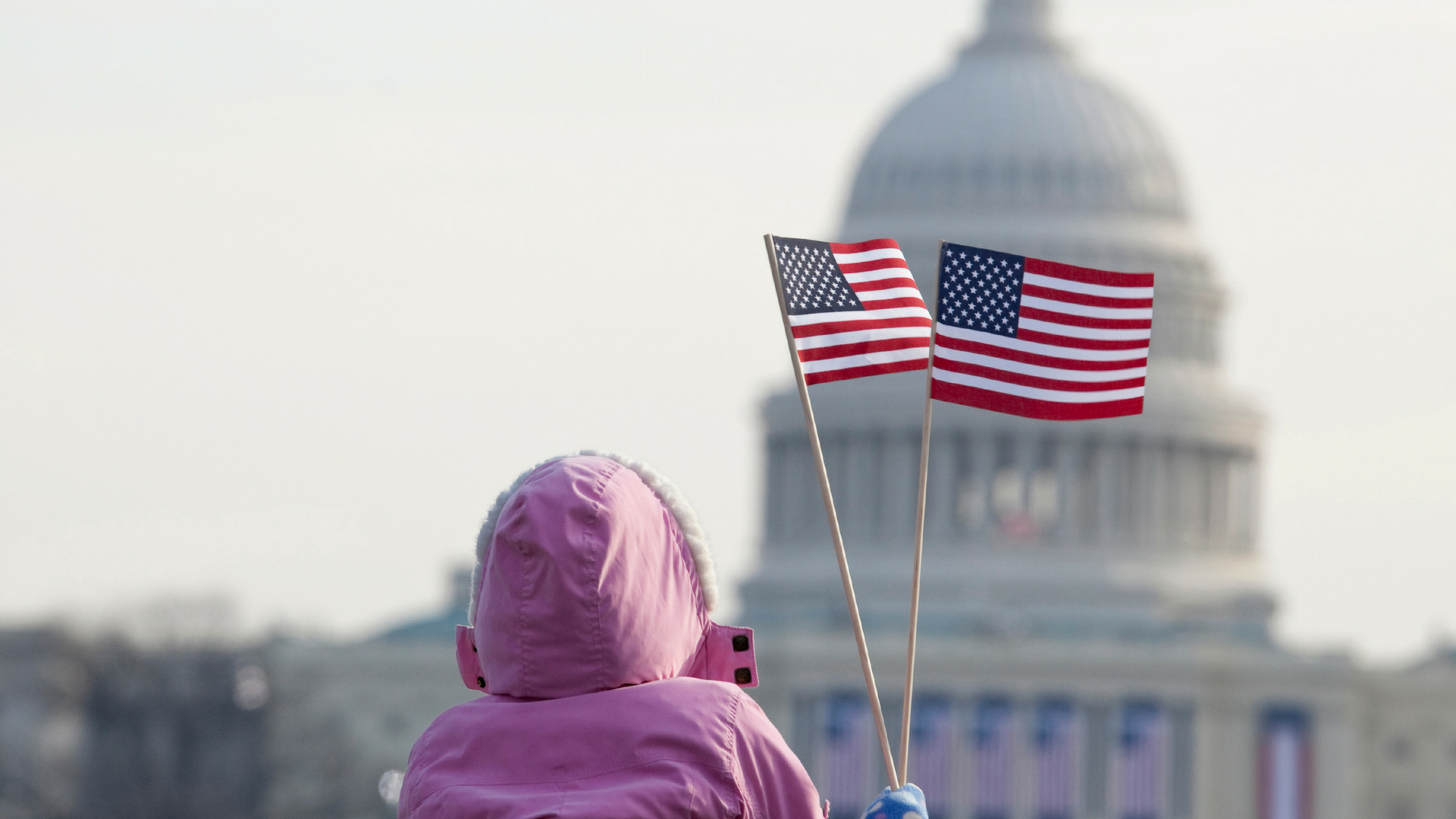In 2017, PACE’s Health and Safety Working Group–a constellation of funders and practitioners committed to health and safety in U.S. communities–took on the task of exploring the impact of youth civic engagement on that shared aim. We know that building healthy and safe communities is a commitment of many U.S. funders, as well as a national priority.
The Working Group was tasked with identifying a project that could advance philanthropic thinking and practice at the intersection of civic engagement, health, and safety. Throughout this exploration, PACE working group members shared information and experiences, commissioned and reviewed research, and developed shared convictions about youth civic engagement as a key strategy for community health and safety outcomes.
The exploration of the Working Group and its learnings manifested in three documents, shared below:
- An overview of the initiative, by PACE Fellow, Marian Mulkey
- A report, summarizing the findings of our working group’s field research, by Jme McLean of Mesu Strategies, LLC
- A review of existing research at the intersection of youth civic engagement and community health and safety, by Dr. Parissa Ballard, of Wake Forest University School of Medicine
- Finally, a series of reflection on each of the reports are available and listed below
**On March 20, PACE hosted a webinar to discuss the findings of this research. You can view a recording of this conversation here. A snapshot of the findings from Jme McClean can be found here.
The Working Group was made possible with support from the Robert Wood Johnson Foundation and the Rita Allen Foundation. [Photo: “Visions of a Healthy Community” youth mural, Groundswell NYC © 2012]
Read more about our journey to explore the question: How can civic engagement improve health and safety outcomes in communities?” in this overview by PACE Fellow, Marian Mulkey, who led this inquiry and the Working Group.
On the Way to Safer, Healthier Communities: Youth Civic Engagement
This report, authored by Jme McLean, summarizes research commissioned by PACE Health & Safety Working Group members aimed at a deeper understanding of the ways in which youth civic engagement is impacting health and safety outcomes in communities across our nation:
[Report]: Youth Civic Engagement for Health Equity and Community Safety
Two responses to this report are available from Health & Safety Working Group members:
- Youth Do Things Differently; That’s the Point: The Case for Funders to Focus on Youth Civic Engagement, by Jen Algire, President & CEO of the Greater Clark Foundation and Elina Alterman, former health program officer with the Kansas Health Foundation
Philanthropy is, first and foremost, a service profession. We exist to serve our grantees and communities and we’ll know we have succeeded if we can work ourselves out of a job. It is for this reason that philanthropy emphasizes sustainability. There is nothing that ensures sustainability more than youth civic engagement.
- From the Playground to the Soccer Field: Engaging Youth is Key to Community Health, by James Siegal, CEO of Kaboom! and Ed Foster-Simeon, President & CEO of the U.S. Soccer Foundation
We particularly value the recommendation for funders to consider applying a screen for civic engagement and equity across all grantees. Civic engagement should be viewed not as a program that sits to the side of other grantmaking, but rather as an essential component to drive outcomes of programmatic or policy work by grantees.
As part of this exploration, PACE invited several young people to speak to their experience of change in their own communities. Click their names below to read their full reflections:

- “Funding youth-led organizations or programs is not just an action for the present moment, but rather an investment for the health and public safety of our future societies.” Read more from Yomira Zamora
- “The future is being rewritten by a generation of young innovators with the power to see what others don’t. Think about what could happen once we equip these young innovators with the right tools.” Read more from Jackie Martinez
- “The future becomes more promising when those who will inherit the power are a part of the decisions made today.” Read more from Kawika Smith
Current research at the intersection of youth civic engagement and community health and safety is limited. This literature review, commissioned by PACE with Dr. Parissa Ballard, is an important first step in understanding what our field already knows–and what we still need to know:
[Literature Review]: Youth Civic Engagement and Health, Wellbeing, and Safety
For a reflection on this report, check out: Reviewing the Literature: Why Youth Civic Engagement Matters for Health and Safety, by Deb McKoy, Executive Director and Founder of the U.C. Berkeley Center for Cities and Schools at the Institute of Urban and Regional Development




